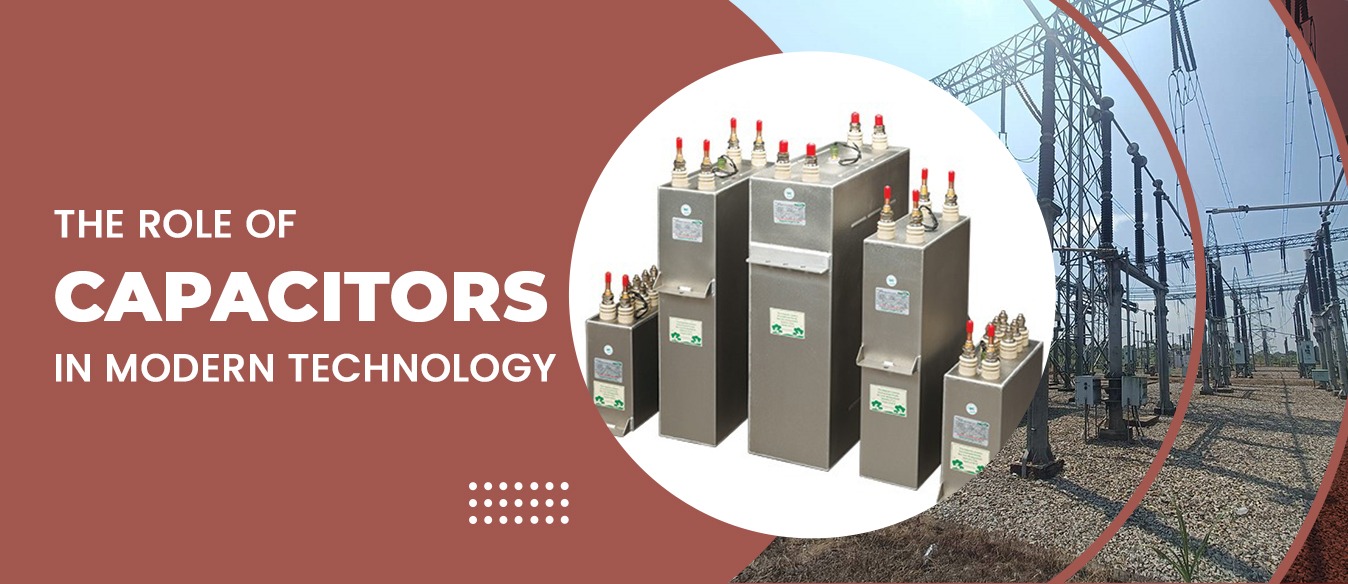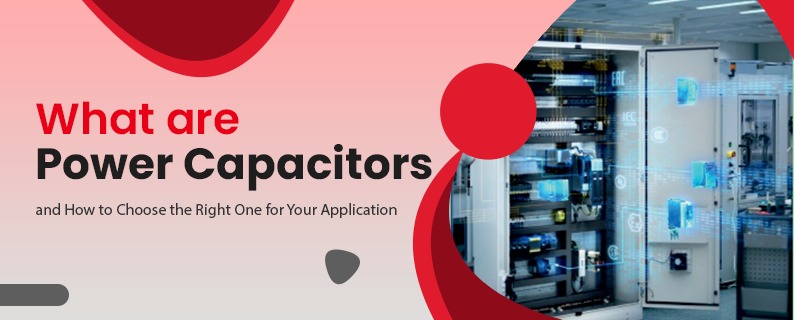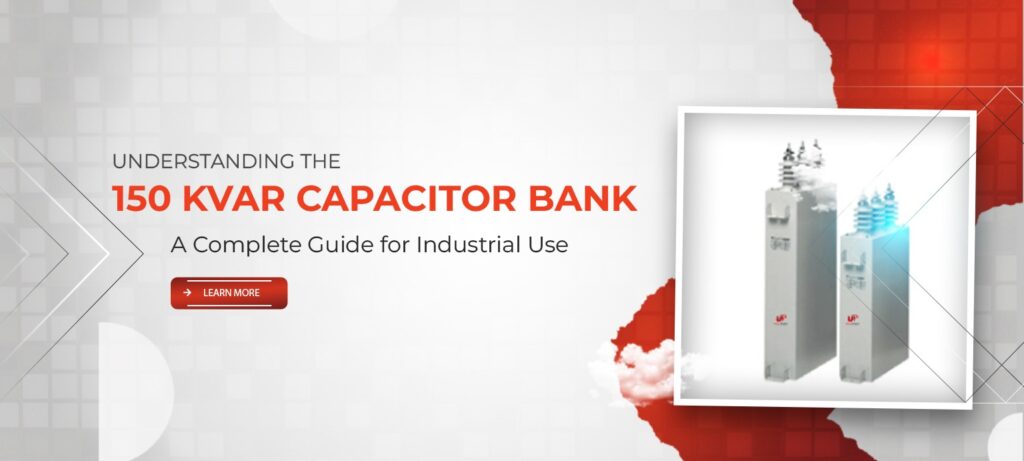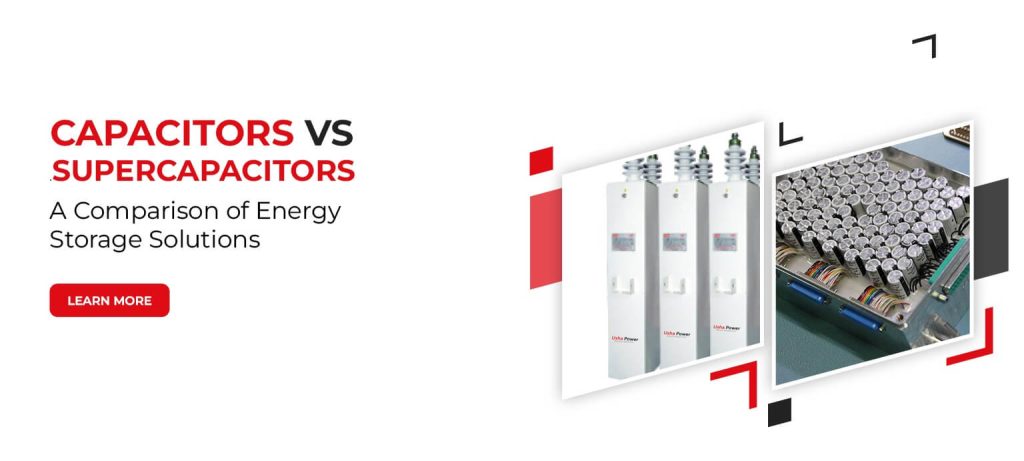Capacitors are one of the most basic components used in modern electronics. They form the backbone of many electrical circuits and are an essential part of electronics design. Despite their ubiquitousness, however, most people know little about the workings of capacitors and the crucial role they play in modern technology.
In this blog, we will explore the properties of capacitors, their basic principles of operation, and their key contributions to various technologies.
What are Capacitors?
A capacitor is an electronic component that stores electrical energy in an electric field. It consists of two conductive plates separated by a dielectric material, typically air, ceramic, or plastic. Capacitors are passive components, meaning they do not require an external power source to operate.
Capacitors come in a variety of shapes and sizes, ranging from tiny ceramic capacitors used in integrated circuits to large aluminum electrolytic capacitors found in power supplies. They can be polarized or non-polarized, depending on how they are connected to the circuit.
Basic Operating Principles
The basic operation of a capacitor relies on the ability of two conductive plates to store electric charge. When a voltage is applied across the two plates, electrons flow from one plate to the other until the voltage across the plates is equal to the applied voltage. When the voltage is removed, the electric charge stored in the plates remains, as long as the dielectric material between them is not conductive.
The amount of charge a capacitor can store is determined by its capacitance, which is measured in farads (F). The capacitance of a capacitor depends on several factors, including the size of the plates, the distance between them, and the dielectric material used.
In practical circuits, capacitors are often used in conjunction with resistors, inductors, and other components to create various functions, from simple filters to complex oscillators.
Applications of Capacitors
Capacitors have numerous applications in modern technology. Here are some of the most important ones:
Energy Storage
Capacitors are widely used in energy storage applications, such as in backup power systems or in electric vehicles. Capacitors can store energy and release it quickly, meaning they can provide a burst of power when needed. Unlike batteries, which have a fixed capacity, capacitors can be charged and discharged quickly, making them an ideal choice for applications that require high power density.
Power Electronics
Capacitors are an essential component in power electronics, where they are used to smooth out voltage fluctuations and stabilize power supplies. In switch-mode power supplies, for example, capacitors are used to filter out high-frequency noise and provide a stable DC voltage output.
Signal Processing
Capacitors are commonly used in signal processing circuits to filter out unwanted frequency components or to create phase-shifted signals. In audio applications, capacitors are used in crossover networks to separate the incoming signal into high and low-frequency components before routing them to separate speakers.
Timing Circuits
Capacitors are often used in conjunction with resistors and inductors to create timing circuits, such as oscillators and timers. These circuits are used in a variety of devices, including clocks, cameras, and sensors.
Electrolytic Capacitors
Large electrolytic capacitors are widely used in electronics as a means of storing energy for later use. They are commonly used in power supplies to level out the amount of energy needed by the equipment.
These are just a few examples of the many applications of capacitors in modern technology. Capacitors are without a doubt one of the most essential components in modern electronics, and they play a vital role in the design, operation, and performance of many devices.
Conclusion
Capacitors are an essential part of modern technology, and they play a critical role in the design and operation of many devices. They store electrical energy, filter out unwanted signals, provide timing functions, and stabilize power supplies.
As technology continues to advance, we can expect to see even more innovative uses of these fascinating devices. Whether it’s in energy storage systems, power electronics, signal processing, or timing circuits, capacitors will undoubtedly remain a crucial component of modern electronics for years to come.
If you are looking to enhance the capabilities of your electrical system with power capacitors, reach out to Usha Power. Usha Power specializes in offering high-quality power capacitors tailored to meet the unique needs and requirements of your electrical system. With our extensive expertise and experience in the field, Usha Power guarantees that our capacitors deliver optimal performance, reliability, and efficiency. Therefore, if you aim to improve the efficiency and overall performance of your electrical system, look no further than Usha Power for exceptional power capacitors that will fulfill all your needs.





